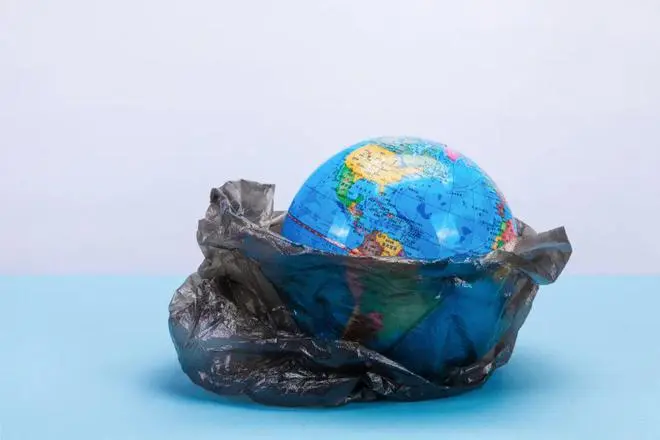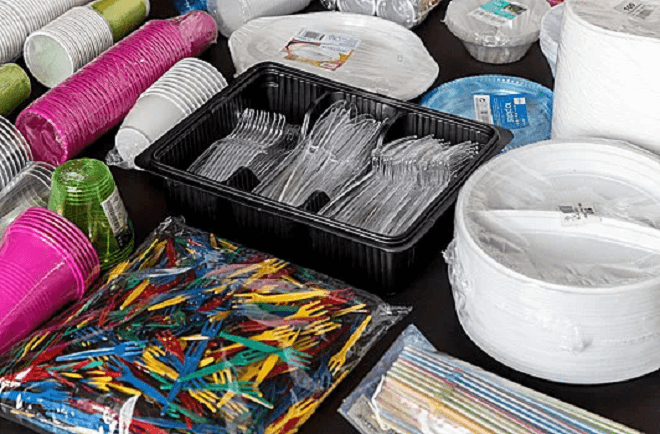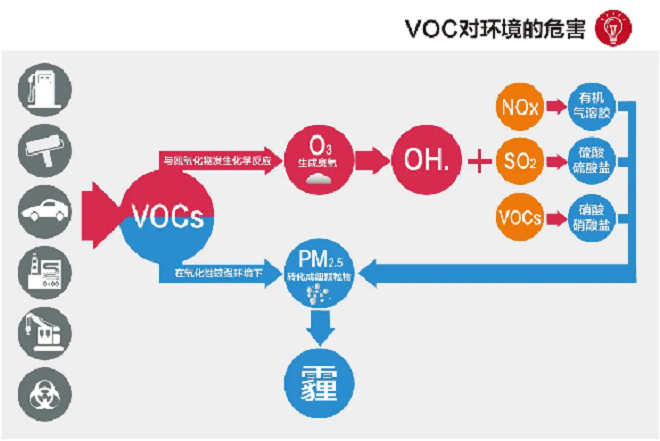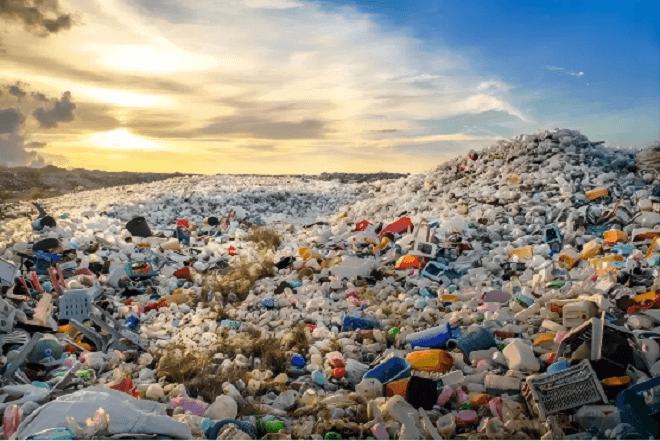The Dangers of Petroleum-Based Plastics
 May 07, 2024|
May 07, 2024| View:106
View:106First, petroleum-based plastics cannot degrade naturally, leading to plastic pollution. A large number of plastic products are widely used, and many of them will eventually become garbage, thereby polluting the atmosphere, soil and water bodies. In particular, the extensive use of plastic bags, bottles and disposable plastic products has resulted in a large amount of waste that cannot be effectively processed and eventually enters the natural environment. For a long time, plastic waste has become one of the main sources of marine pollution, causing huge damage to the marine ecosystem. In addition, plastic waste will also have a serious impact on terrestrial ecosystems and affect the living environment of animals and plants.

Secondly, disposable plastic products contain harmful substances, such as bisphenol A (BPA), polyethylene acid (PEA), phthalate (DEHP), etc. These substances pose potential threats to human health, including reproductive system abnormalities, Nervous system damage and reduced immunity, etc.; disposable tableware may use sulfur fumigation and hydrogen peroxide bleaching during the production process, these substances release toxic substances when heated; unqualified petroleum-based plastic products, such as ordinary plastics made of polyvinyl chloride Bags, when stored at high temperatures or for a long time, will release toxic and harmful substances. These substances may penetrate into the food and cause great harm to human health. After plastic waste ages in the natural environment, plasticizers such as phthalate esters will be released and enter the atmosphere, soil, and water bodies, affecting human health through the food chain. These substances are mutagenic, carcinogenic, neurotoxic and reproductively toxic and may lead to sperm abnormalities and increased embryonic mortality.

Thirdly, petroleum-based plastics consume a large amount of petroleum during production and processing, and release pollutants such as CO, NOx, particulate matter, and VOCs. These pollutants not only harm human health, but may also damage the atmospheric ozone layer. VOCs may also cause depression of central nervous function, weakened reproductive function and developmental delay in children.

Finally, the issue of biodegradation also deserves attention. Petroleum-based plastics often take decades or even centuries to break down and are not renewable, meaning they remain in the environment for a long time and cannot be broken down and digested naturally. This has resulted in increasing amounts of plastic waste accumulating in every corner of the earth. However, growing awareness of the importance of environmental protection is driving efforts to develop and apply biodegradable plastics. Today, some biodegradable plastics have been developed that can decompose under specific conditions, reducing the negative impact on the environment.








